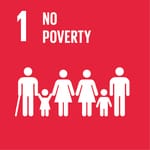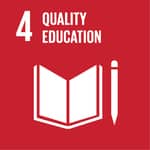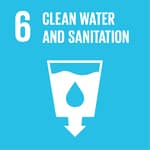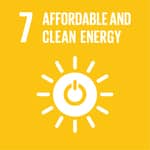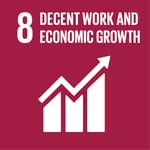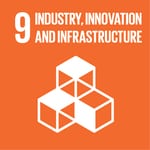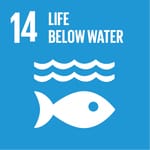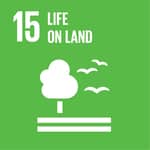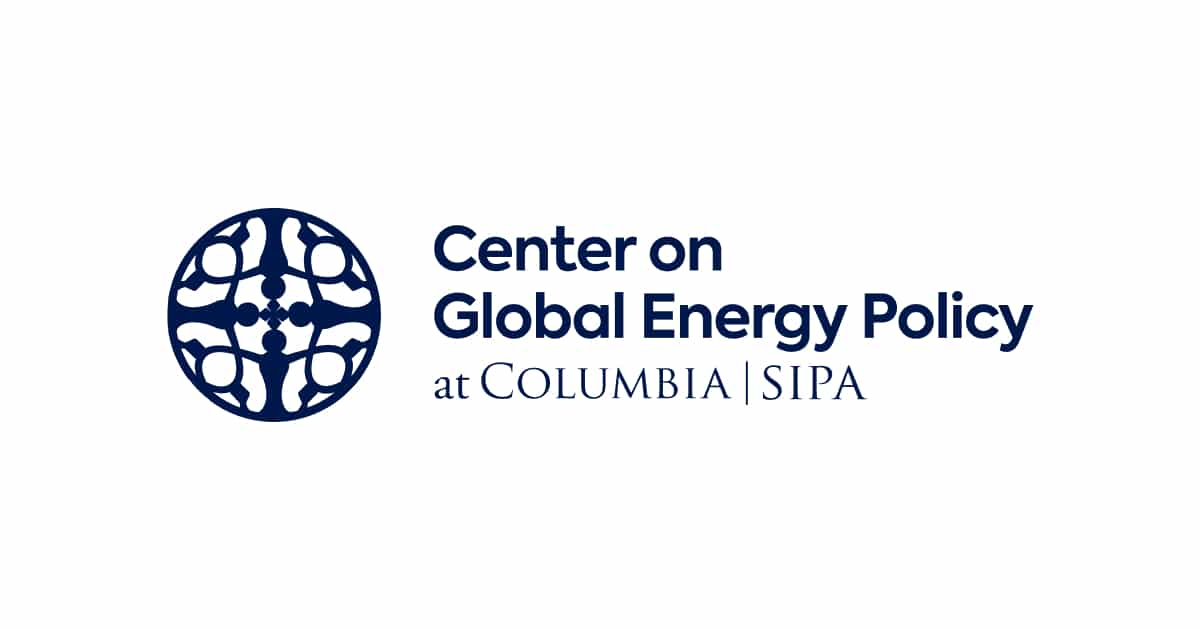With a focus on tackling systemic climate and ecological security risks, its vision is to create “a climate-resilient world…which recognizes that climate change risks are unprecedented in human history, and does not wait for absolute certainty before acting to mitigate and adapt to those risks.” To this end, it facilitates policy development processes and dialogues, provides analysis, conducts research, and acts as a resource hub in the climate and security field. It is a part of the Council on Strategic Risks.
Programs:
- International Military Council on Climate and Security – “a group of senior military leaders, security experts, and security institutions across the globe dedicated to anticipating, analyzing, and addressing the security risks of a changing climate. “
- Climate Change Risks to the U.S. Military – “The U.S. military understands that climate change is a security threat, as evidenced by strategic documents like the Quadrennial Defense Review, the setting up of a U.S. Navy Task Force Climate Change, and other actions dating all the way back to 2003. This program of research focuses on assessing climate change risks to the U.S. military’s mission, and highlighting solutions for the way ahead. “
- The Responsibility to Prepare Framework – “The world in the 21st century is characterized by both unprecedented risks and unprecedented foresight. Climate change, population shifts and cyber-threats are rapidly increasing the scale and complexity of risks to international security, while technological developments are increasing our capacity to foresee those risks.” This results in a responsibility to prevent and respond to mass atrocities and requires an institutional reform of international governance to ensure that critical, nontraditional risks to international security, are anticipated, analyzed and addressed.
- The Middle East, North Africa, Climate and Security – Looks into environmental stresses threat multipliers in the region that are “exacerbating social, economic, and political drivers of unrest”. Examines “the past, present and projected future role of climate change, water and food security in the MENA region, and what this means for government legitimacy, regional and international security.”
- The U.S. Asia-Pacific Rebalance, Climate and Security – Explores “the intersection of climate change and the various drivers of insecurity in the Asia-Pacific, and what that means for U.S. foreign and national security policy in the context of the Asia-Pacific rebalance
- Technology, Climate and Security – Explores “the opportunities and risks associated with technological advancements, and what that means for climate-security.”
- Climate-Nuclear-Security Program – Fills “a critical, largely unexplored gap, taking a fresh look at the ways in which these issues are likely to connect and potentially collide in the years ahead, and foster deeper dialogue on what should be done about it.”
- Climate Security 101 – Aims to answer the most frequently asked questions regarding the nature of climate risks to security, as well as act as a clearinghouse for the latest climate security research and policy documents.
Publications:
- Press releases and mentions
- A library of briefers, reports, articles, books and documents
- A hub of resources on the nexus of climate change and security directed at the U.S. and other governments, think tanks, academia, and NGOs
- HIGHLIGHTS:
- The World Climate and Security Report 2021 (2021, 92p.)- “It warns of the compound security threats posed by the convergence of climate change with other global risks, such as COVID-19. The report reveals that the increasing pace and intensity of climate hazards will strain military and security services around the world as they are called on to respond to climate-driven crises, while also facing direct climate threats to their own infrastructure and readiness.”
- Letter to the President of the United States (2019, 3p.) – 58 Senior Military and National Security Leaders Denounce NSC Climate Panel and address Donald Trump to acknowledge the connections between climate change and security.
- Military Expert Panel Report: Sea Level Rise and the U.S. Military’s Mission (2018, 60p.) – Concludes that sea level rise will present serious risks to coastal military installations and military readiness, operations and strategy. It and includes new information regarding military installation vulnerabilities by looking into the energy and transportation infrastructure that these installations depend on.
- Did We See it Coming? State Fragility, Climate Vulnerability, and the Uprisings in Syria and Egypt (2015, 17p.) – Examines “how climate change, drought, environmental conditions, and natural resource management contributed to instability in Syria and Egypt leading up to the events of 2011.”
- The U.S. Asia-Pacific Rebalance, National Security and Climate Change (2015, 112p.) – Explores “how climate change intersects with the various drivers of insecurity in the Asia-Pacific, and what that means for U.S. foreign and/or national security policy.”
Events:
- An online calendar of past and upcoming events


